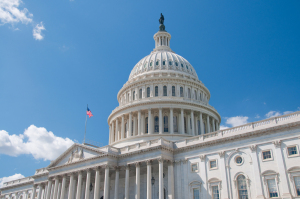
Ampronix, a Top Master Distributor for Sony Medical, provides Sales, Service & Exchanges for Sony Surgical Displays, Printers, & More. Rely on Us for Expert Support Tailored to Your Needs. Email info@ampronix.com or Call 949-273-8000 for Premier Pricing.


I'm definitely curious about the inevitable scenario when an authorized service agent outside the manufacturer, with the best intentions, repairs the system inadequately and down the road results in patient harm. I'm usually not one to bring up what-ifs...and am usually an advocate for right-to-repair fights, but this seems over the top. Especially when it comes to the topic of this being extended post pandemic.

In its response to Congress on this matter within the last two-years, the FDA concluded third parties “provide high-quality, safe and effective servicing of medical devices”. This outcome was as a result of a year-long study about safety of service performed by third parties. But, the larger point is that by withholding key information from commercial third parties and hospital biomedical engineers, the OEM's bring on the very safety concerns they grouse about. Therefore, one can only make a single conclusion...it's not about safety it's about eliminating the independents from the market and thus controlling all the revenue from the medical marketplace. It's time to stop monopolistic practices that result in less competition and higher costs. |
|
You Must Be Logged In To Post A CommentRegisterRegistration is Free and Easy. Enjoy the benefits of The World's Leading New & Used Medical Equipment Marketplace. Register Now! |
|
Wayne Webster
It's a good start
August 10, 2020 10:02
The OEM's are working hard to eliminate the ISO and the medical center biomedical engineers. This Bill is the first large Congressional step in the right direction. Let's get this approved and then let's see if we can make it permanent.
to rate and post a comment